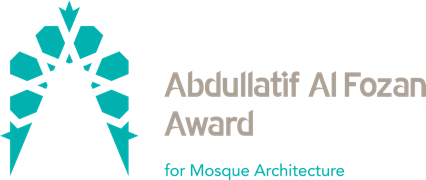
The Mosque as a Political, Economic, and Social Institution 622 – Present
Date Added
25/07/2019
Content Type
Dissertation
Link to Content
Subject Area
The Mosque as a Political, Economic, and Social Institution 622 – Present
Author
Hope Collins
Description
Following the terrorist attacks of September 11, 2001 the Communist “threat” that plagued the West throughout the latter half of the 20th century all but disappeared and was replaced with the “threat” of Islam. Prior to 9/11 Islam was a largely misunderstood religion and, despite its emergence as a media sensation in the past decade or so, very little headway has been made to better understand it.
Often times this misunderstanding has led to latent, and at times manifest, anti-Islamic sentiment and in many cases this anti-Islamic sentiment has been directed at the mosque as the physical embodiment of Islam. Nowhere can this relationship between the two be seen more clearly than in the case of the media frenzy that erupted in summer 2010 over the proposed construction of an Islamic center four blocks from Ground Zero. The debate centered on whether the proposed project would be a mosque or a community center, but inevitably evolved to question the motives of the projects backers and to portray the project as a symbol of Islam’s domination of the West.
This project seeks to approach these issues from a scholarly point of
view, a view which has been largely neglected throughout the course of debate.
Before an analysis of this issue can be made, however, it is necessary to provide
a brief overview of the non-religious, particularly economic, political and social,
functions of the mosque during throughout the long, diverse history of Islam. As
such, this project provides a historical analysis of the mosque during the time of
the Prophet of Islam, the Umayyad and Abbasid Caliphates, the Ottoman Empire
and throughout the 20th century. This historical overview is followed by an
analysis of the Ground Zero Mosque, as compared to historical mosque function
and other present-day, religiously-based community centers to answer the
question: “is it a mosque or a community center?” This section will also seek to
dispel some inappropriately applied arguments against construction of the
project, and discuss the implications that this debate has had on Muslims in
America.
Files
English
Hope Collins
Syracuse University Honors Program - Capstone Projects
2011





